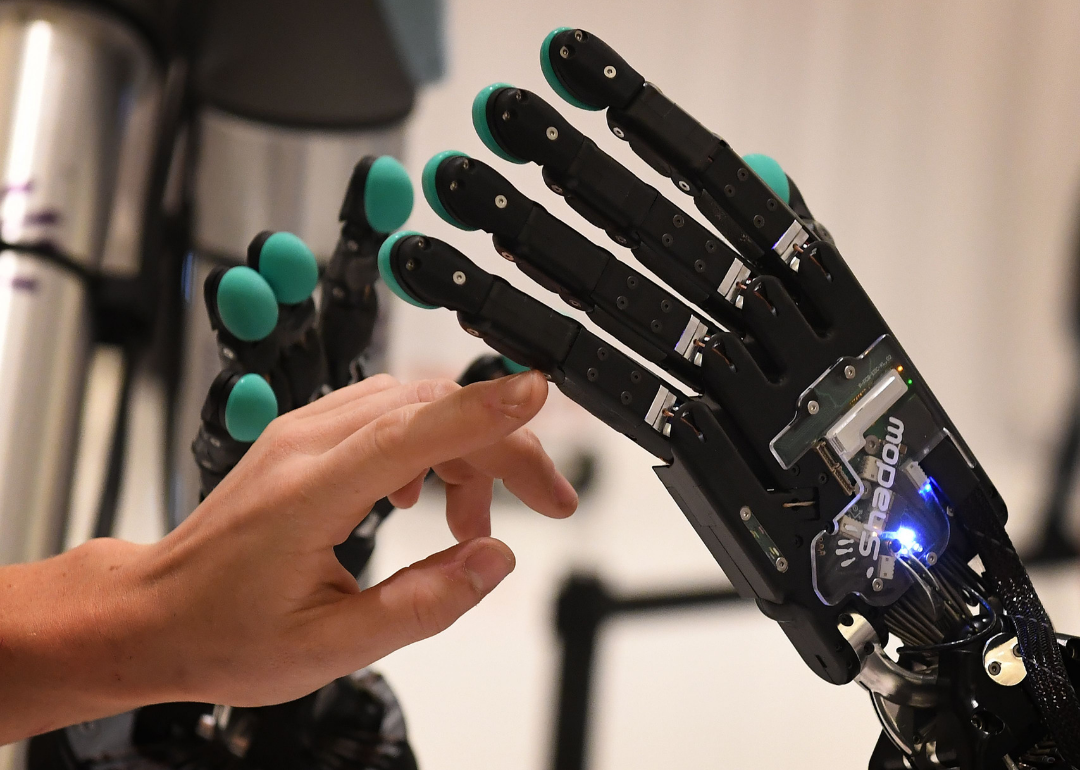
AI Advances Accelerate with Novel Architectures and AlgorithmsAI Advances Accelerate with Novel Architectures and Algorithms Artificial intelligence (AI) has experienced remarkable advancements in recent years, driven by groundbreaking innovations in architectures and algorithms. Novel Architectures: * Transformer Neural Networks (Transformers): Transformers have revolutionized natural language processing (NLP) tasks, enabling highly accurate language modeling, translation, and question answering. Their unique attention mechanism enables them to learn complex relationships within sequences. * Graph Neural Networks (GNNs): GNNs excel at processing structured data represented as graphs, finding applications in fields such as social network analysis, traffic prediction, and molecular modeling. * EfficientNet Architectures: EfficientNets optimize both accuracy and efficiency, achieving state-of-the-art performance on image classification tasks while requiring fewer parameters and computational resources. Advanced Algorithms: * Reinforcement Learning (RL): RL algorithms allow AI agents to learn optimal behaviors by interacting with their environment through trial and error. This approach has led to significant breakthroughs in game playing, robotics, and autonomous driving. * Generative Adversarial Networks (GANs): GANs are capable of generating realistic and diverse data, such as images, text, and music. Their use has expanded to applications in art, design, and data augmentation. * Self-Attention Mechanisms: Self-attention mechanisms have become an essential tool in AI, enabling models to focus on relevant parts of input data and improve performance in tasks such as NLP and computer vision. Applications and Impact: These architectural and algorithmic advancements have accelerated AI’s progress and enabled its application in numerous industries: * Healthcare: AI-powered diagnostic tools, drug discovery, and personalized medicine * Finance: Fraud detection, risk assessment, and automated trading * Manufacturing: Predictive maintenance, quality control, and supply chain optimization * Automotive: Advanced driver assistance systems, autonomous vehicles, and traffic management * Education: Personalized learning, language learning apps, and automated grading Future Outlook: The rapid pace of AI innovation continues with ongoing research on even more powerful architectures and algorithms. Future advancements are expected to push the boundaries of AI capabilities, leading to even more transformative applications that will shape our world in profound ways.
Posted inNews